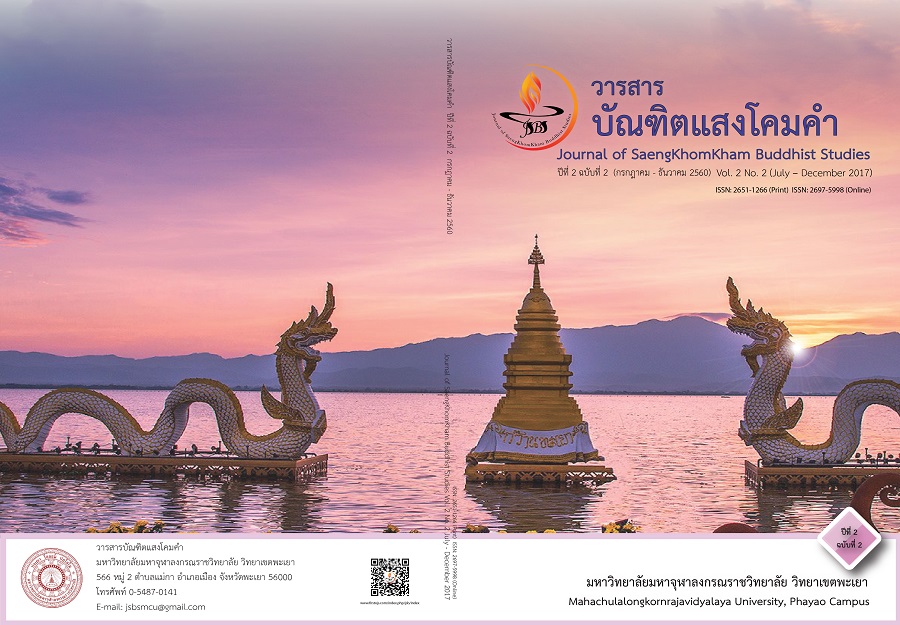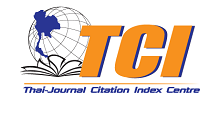Aggañña Sutta: The Essential Account of Evolution of Human Society and Kingship
คำสำคัญ:
Aggañña Sutta, Kingship, Social Evolution, Society Dissolutionบทคัดย่อ
Aggañña Sutta of the Digha Nikāya, the first division of the Sutta Pitaka, has outstanding content revealing the comprehensive account of social development or the origin of human society. In the Sutta, how the kingship was formed is also illustrated. The main aim of the paper is to examine the Buddhist theory of the origin of society. As elucidated by the Sutta, evolution of the human society came into existence started with the account how the world passes away and begins. The Sutta gives two main accounts related to human society: (1) a comprehensive account of economic condition, social functions, men’s behaviors, social changes, three basic unions in the society: family, village, and town, system of the institution (self-ruled institution) and (2) the origin of kingship, duties for the kings, King’s qualification, and a man-made kingship.
Downloads
เอกสารอ้างอิง
Digha Nikāya, ed. T. W. Rhys Davids & J. F. Capenter, 3 Vols. London: PTS, 1890-1911. Tr. T. W. & C. A. F. Rhys Davids. (2000). The Dialogue of the Buddha, 3 Vols. Delhi: Motilal Banarsidass; (originally published London: PTS, 1899-1921). Also translated by M. Walshe. (1987). Thus I have Heard: The Long Discourse of the Buddha. London: Wisdom Publications.
Gombrich, Richard F. (1988). Theravada Buddhism: A Social History from Benares to Colombo. London: Routledge & Kegan Paul.
Kautilya's Arthashastra: Book I, Concerning Discipline. Retrieved on May 26, 2017, from http://www.sdstate.edu/projectsouthasia/upload/ Book-I-Concerning-Discipline.pdf
Law, B. C. (1976). A History of Pali Literature, Vol. II. New Delhi: Jawahar Nagar.
Pande, G. C. (1995). Studies in the Origins of Buddhism. Delhi: Motilal Banarsidass.
Sharma, R. S. (2005). Aspects of Political Ideas and Institutions in Ancient India. Delhi: Motilal Banarsidass, Fifth Revised Edition.
The Mahāvastu (Sanskrit for "Great Event" or "Great Story"). Retrieved on April 20, 2017, from https://en.wikipedia.org/wiki/Mahāvastu
Winternitz, M. (1997). A History of Indian Literature II. New Delhi: Motilal Banarsidass.






